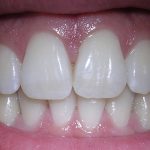5 Urgent Steps to Save Your Teeth from Falling Out Expert Advice
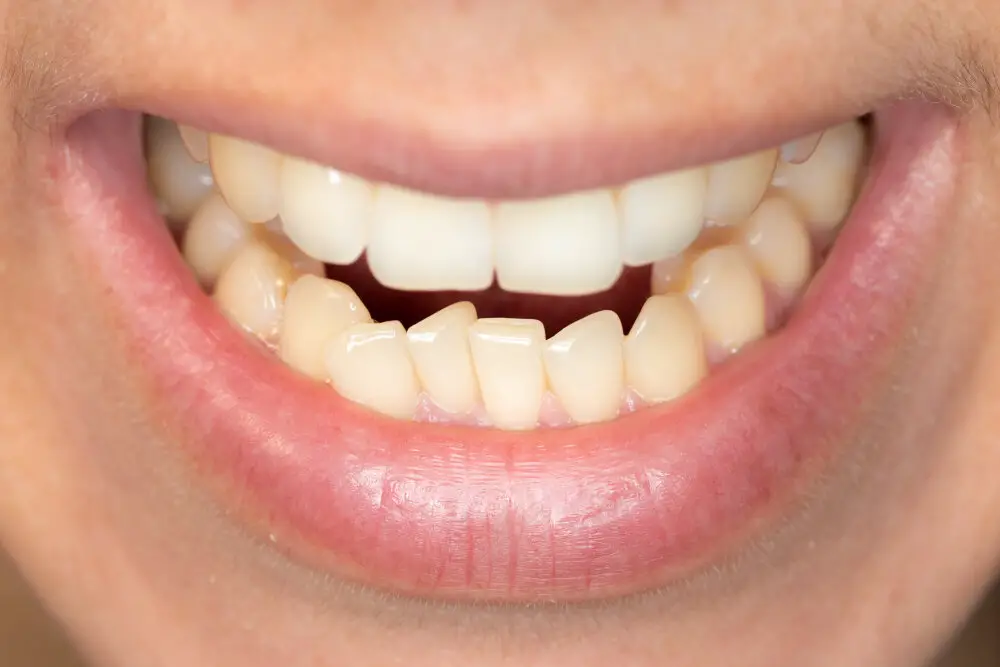
Maintaining good oral health is crucial not only for a beautiful smile but also for overall health and well-being. Unfortunately, many people neglect their dental health, leading to various dental problems, including tooth loss. Losing a tooth can be a traumatic experience, affecting your self-confidence, speech, and ability to chew properly. Luckily, there are some urgent steps that you can take to save your teeth from falling out, and in this article, we will explore the top five expert advice on how to do so. The first step to saving your teeth from falling out is to practice good oral hygiene. This means brushing your teeth twice a day with fluoride toothpaste, flossing daily, and using mouthwash to kill bacteria that cause tooth decay and gum disease. Regular dental checkups and cleanings are also crucial to maintaining good oral health and detecting and treating any dental problems early on. By taking care of your teeth and gums, you can prevent tooth loss and maintain a healthy, beautiful smile for years to come.
Understand the Causes of Tooth Loss
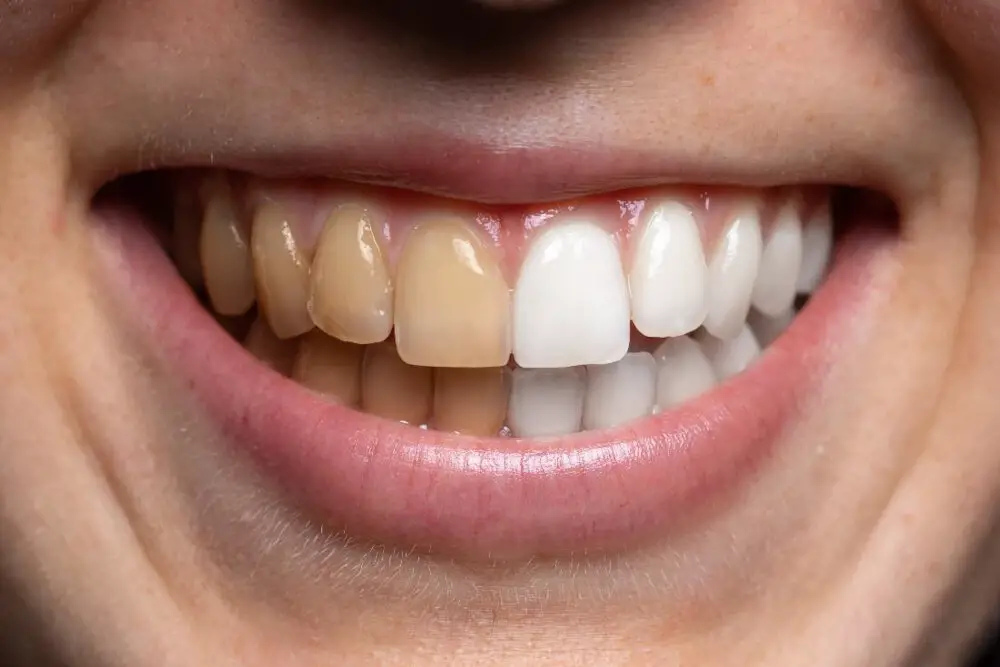
Tooth loss is a common dental problem that can have a significant impact on a person’s oral health and overall well-being. There are several causes of tooth loss, including poor oral hygiene, gum disease, tooth decay, trauma, and genetics. Poor oral hygiene is one of the most common causes of tooth loss. When you don’t brush and floss regularly, plaque and bacteria build up on your teeth and gums, leading to gum disease and tooth decay. Gum disease, also known as periodontitis, is a bacterial infection that can damage the gums and bones that support your teeth, leading to tooth loss over time. Tooth decay is another leading cause of tooth loss. When bacteria in your mouth produce acids that erode the enamel on your teeth, cavities can form. If left untreated, cavities can grow and eventually reach the pulp of the tooth, leading to infection and tooth loss. Trauma can also cause tooth loss. Accidents, falls, and sports injuries can damage your teeth or knock them out completely. Finally, genetics can play a role in tooth loss. Some people may be more prone to gum disease or tooth decay due to genetic factors, making them more likely to experience tooth loss. Understanding the causes of tooth loss can help you take steps to prevent it and maintain good oral health for years to come.
Tooth loss is a common dental problem that can be caused by various factors such as tooth decay, gum diseases, injury, and genetic factors. Poor oral hygiene and unhealthy habits like smoking, excessive alcohol consumption, and consuming sugary and acidic foods and drinks can also contribute to tooth loss. Additionally, certain medical conditions such as diabetes and osteoporosis can weaken the teeth and increase the risk of tooth loss. Regular dental checkups, maintaining good oral hygiene, and adopting a healthy lifestyle can help prevent tooth loss and preserve your oral health.
Identifying the underlying cause of tooth loss is crucial for maintaining optimal oral health. While tooth loss can result from a variety of factors, such as trauma, decay, or gum disease, understanding the root cause of the problem can help prevent future tooth loss and ensure appropriate treatment is administered. For instance, if tooth loss is caused by gum disease, then treatment should focus on addressing the underlying infection and preventing further damage to the gums and teeth. Identifying the root cause of tooth loss can also help determine if additional preventive measures, such as oral hygiene education or lifestyle modifications, are necessary to prevent further damage to the teeth. Overall, identifying the underlying cause of tooth loss is a vital step in maintaining good oral health and preventing future dental problems.
Practice Good Oral Hygiene
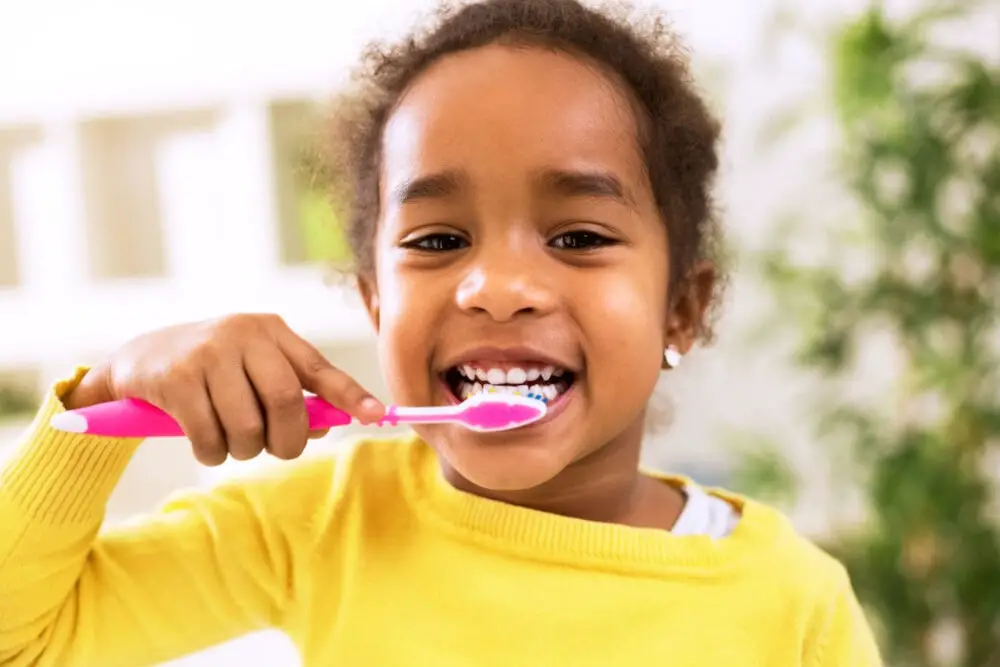
Maintaining good oral hygiene is one of the most crucial steps in preventing tooth loss. Brushing your teeth twice a day with fluoride toothpaste, flossing daily, and using mouthwash can help keep your teeth and gums healthy. Neglecting your oral hygiene routine can lead to plaque buildup, gum disease, and tooth decay, which can ultimately cause tooth loss. Therefore, it’s essential to take good care of your teeth and gums to prevent such dental problems. Besides brushing and flossing, it’s also necessary to visit your dentist regularly for professional cleanings and checkups. Your dentist can detect any dental issues early on and prevent them from worsening, thus avoiding the need for tooth extraction. Moreover, your dentist can also provide valuable advice on maintaining good oral hygiene and suggest specific products that can help protect your teeth and gums. So, make sure to schedule regular dental appointments and follow your dentist’s recommendations to preserve your dental health and prevent tooth loss.
Brushing and flossing regularly are essential habits for maintaining good oral health. It is the first step in preventing tooth decay and gum disease, which can lead to tooth loss. Brushing helps to remove plaque and food particles from the teeth, while flossing removes bacteria and debris from between the teeth and gums. When left untreated, these substances can cause inflammation and infection, leading to gum disease. Brushing and flossing also help to freshen breath and promote a healthy smile. Neglecting these simple habits can lead to severe consequences, including tooth loss, so it is crucial to make them a part of your daily routine.
Proper brushing and flossing techniques are crucial to maintaining good oral health and preventing tooth loss. When brushing, hold your toothbrush at a 45-degree angle to your teeth and use gentle circular motions to clean the front, back, and top of each tooth. Be sure to brush your tongue and the roof of your mouth to remove bacteria and freshen breath. Flossing should be done daily to remove plaque and food particles from between teeth. Use a gentle sawing motion to get the floss between teeth, then curve it around each tooth and use an up-and-down motion to remove debris. Using mouthwash can also help kill bacteria and freshen breath, but it should not be used as a substitute for brushing and flossing.
Mouthwash is an essential part of oral hygiene that helps in fighting off bacteria and maintaining fresh breath. It contains antibacterial agents that kill harmful bacteria and prevent tooth decay, gum disease, and bad breath. Mouthwash also removes food particles and debris that brushing and flossing may miss, providing an extra layer of protection against oral problems. Regular use of mouthwash can improve overall oral health, but it should not be substituted for brushing and flossing. It is recommended to use mouthwash after brushing and flossing to ensure a clean and healthy mouth. Choose a mouthwash that contains fluoride for added protection against cavities and gum disease.
Visit Your Dentist Regularly
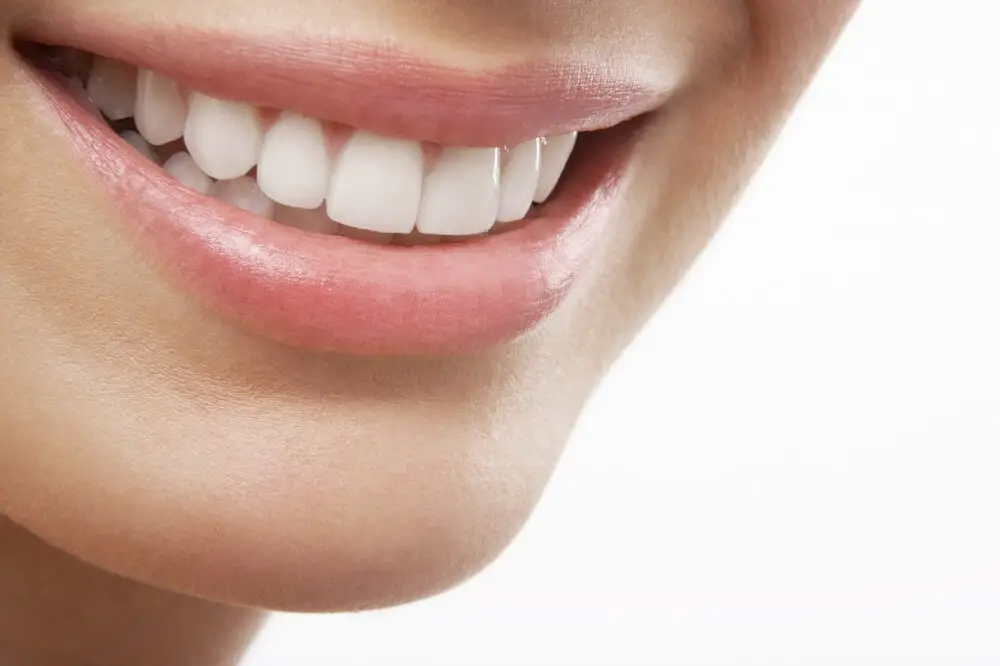
Visiting your dentist regularly is a crucial step in maintaining optimal dental health. It’s recommended to visit your dentist at least twice a year, but some people may need to go more frequently depending on their oral health needs. Regular dental check-ups can help detect any potential issues before they become major problems, such as gum disease or cavities. Your dentist can also provide preventative measures like cleanings and fluoride treatments to keep your teeth healthy and strong. Additionally, regular check-ups can help catch any potential oral cancer early on, which can be life-saving. If you neglect to visit your dentist regularly, you run the risk of developing serious dental issues that can lead to tooth loss. Gum disease, for example, is a common issue that can cause tooth loss if left untreated. It’s characterized by inflammation of the gums, which can lead to the destruction of the supporting tissues and bones that hold your teeth in place. By visiting your dentist regularly, you can catch these issues early on and prevent further damage. Additionally, your dentist can provide you with personalized tips and advice on how to maintain your dental health, such as proper brushing and flossing techniques, and what foods to avoid. Overall, visiting your dentist regularly is a crucial step in maintaining optimal dental health and preventing tooth loss.
Regular dental checkups are crucial for maintaining good oral health and preventing serious dental problems. These checkups allow dentists to identify and treat dental issues before they become more severe, potentially saving patients from costly and painful procedures. Additionally, dental checkups can help prevent gum disease, which has been linked to a variety of health problems, including heart disease, stroke, and diabetes. By prioritizing regular dental checkups, individuals can take proactive steps towards maintaining their overall health and well-being.
Regular dental visits are crucial in maintaining good oral health and preventing tooth loss. It is recommended that individuals should see their dentist at least twice a year for routine check-ups and cleanings. However, the frequency of visits may vary depending on the individual’s oral health status and risk factors. People with gum disease or a history of dental problems may need to see their dentist more frequently. It is also important to keep up with good oral hygiene habits at home, such as brushing twice a day and flossing daily, to help prevent tooth loss. Your dentist can provide personalized recommendations for maintaining optimal oral health and preventing tooth loss.
Professional dental cleanings are an essential aspect of maintaining good oral hygiene. These cleanings provide numerous benefits to individuals, including the removal of plaque, tartar, and stains that cannot be eliminated through regular brushing and flossing. Additionally, professional cleanings can help prevent gum disease, which is a leading cause of tooth loss in adults. By removing harmful bacteria and buildup from teeth and gums, dental cleanings can help prevent cavities and decay, reducing the need for more extensive and costly dental procedures in the future. Furthermore, regular cleanings can help detect and treat dental issues early, before they become more severe and require more invasive treatments. Overall, professional dental cleanings are a crucial component of maintaining healthy teeth and gums, and should be scheduled at least twice a year for optimal oral health.
Adopt a ToothFriendly Diet
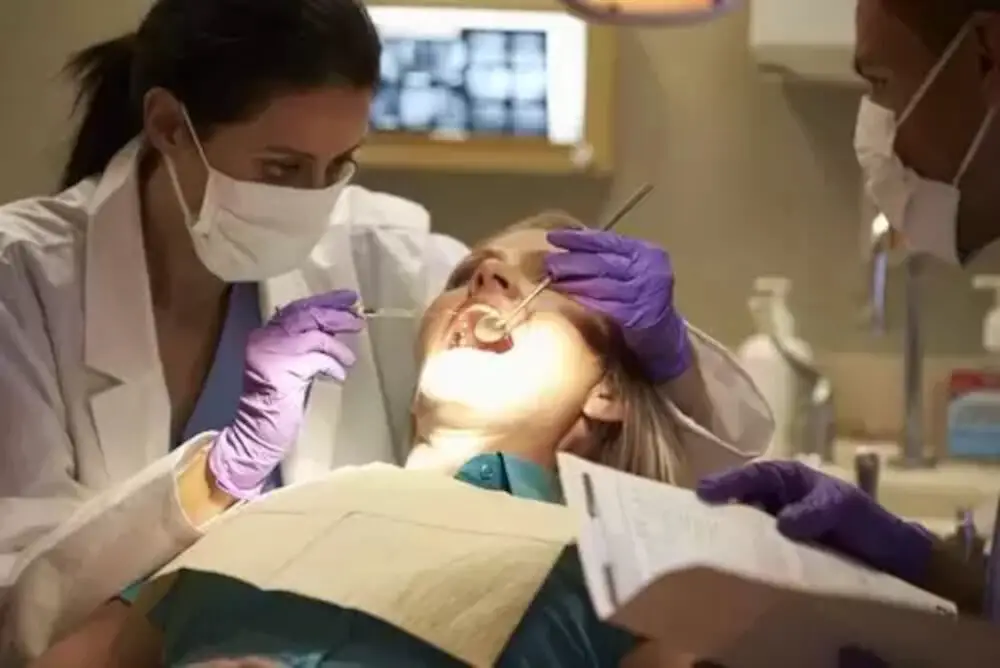
Adopting a tooth-friendly diet is a crucial step to maintain healthy teeth and prevent them from falling out. A diet high in sugar and acidic foods can erode the enamel of your teeth and increase the risk of tooth decay. To prevent this, it is recommended to consume foods that are rich in calcium, phosphorus, and vitamin D. Calcium-rich foods such as milk, cheese, and yogurt help strengthen your teeth, while phosphorus-rich foods such as meat, poultry, and fish help repair and rebuild tooth enamel. Vitamin D is essential for the absorption of calcium, and it can be found in fatty fish, egg yolks, and fortified foods. In addition to consuming tooth-friendly foods, it is important to limit your intake of sugary and acidic foods and beverages. These include soda, sports drinks, and fruit juices. When you do consume sugary or acidic foods, it is recommended to rinse your mouth with water or chew sugar-free gum to stimulate saliva production, which helps neutralize acid and wash away food particles. By adopting a tooth-friendly diet and limiting your intake of harmful foods and beverages, you can protect your teeth from decay and maintain a healthy smile for years to come.
Maintaining healthy teeth requires more than just brushing and flossing. Your diet plays a crucial role in the health of your teeth. In order to keep your teeth strong and healthy, it’s important to avoid certain foods and drinks. Sugary and acidic foods can erode tooth enamel, making your teeth more susceptible to decay and cavities. This includes soda, candy, and sugary snacks. Starchy foods like bread and chips can also stick to your teeth and promote the growth of harmful bacteria in your mouth. Additionally, acidic drinks like citrus juices and sports drinks can wear down your tooth enamel over time. To protect your teeth, it’s best to limit your consumption of these types of foods and drinks, and instead opt for healthy options like fruits, vegetables, and water.
Maintaining healthy teeth and gums requires more than just brushing and flossing. A healthy diet rich in nutrients is essential for keeping your teeth and gums strong. Foods like cheese, yogurt, and milk are excellent sources of calcium, which helps to strengthen tooth enamel. Leafy greens, such as kale and spinach, are high in vitamin C, which promotes healthy gums. Additionally, foods rich in vitamin D, such as fatty fish and egg yolks, can help your body absorb calcium better. Drinking plenty of water is also crucial in promoting healthy teeth and gums as it helps to wash away food particles and bacteria that can cause decay and gum disease. Incorporating these foods and drinks into your diet can go a long way in maintaining healthy teeth and gums.
Calcium and vitamin D play a crucial role in maintaining good dental health. Calcium is a mineral that makes up the structure of our teeth and bones, and it also helps to keep our teeth strong and healthy. Vitamin D is important for the absorption of calcium, as it helps the body to use it effectively. Without enough calcium and vitamin D, our teeth can become weak and brittle, making them more susceptible to decay and damage. Ensuring that you have enough of these essential nutrients in your diet can help to prevent tooth loss and maintain a healthy smile. Good dietary sources of calcium and vitamin D include dairy products, leafy greens, fatty fish, and fortified foods.
In summary, the 5 urgent steps to save your teeth from falling out are as follows. Firstly, visit a dentist as soon as possible if you notice any signs of gum or tooth problems. Secondly, maintain good oral hygiene by brushing and flossing regularly and using mouthwash. Thirdly, avoid sugary and acidic foods and drinks that can damage your teeth. Fourthly, wear a mouthguard if you play contact sports or grind your teeth at night. Lastly, quit smoking or using tobacco products as they can lead to tooth loss and other oral health issues. By following these steps, you can protect your teeth and maintain a healthy smile for years to come.
Taking action to prevent tooth loss is crucial for maintaining good oral health and overall well-being. Tooth loss can lead to a range of serious health problems, including gum disease, bone loss, and even heart disease. In addition, missing teeth can cause difficulties with eating, speaking, and smiling, which can negatively impact self-esteem and quality of life. It is essential to practice good dental hygiene by brushing and flossing regularly, as well as visiting the dentist for regular check-ups and cleanings. Additionally, quitting smoking and limiting sugary and acidic foods and drinks can help prevent tooth decay and gum disease, which are major contributors to tooth loss. By taking these steps, individuals can help ensure that they keep their natural teeth for as long as possible and maintain optimal oral health.
Taking care of your teeth and gums is crucial for your overall health and well-being. Neglecting them can lead to serious problems such as tooth decay, gum disease, and even tooth loss. However, implementing the above steps can help you maintain healthy teeth and gums. Brushing and flossing daily, eating a healthy diet, avoiding sugary and acidic foods and drinks, quitting smoking, and visiting your dentist regularly can all contribute to a healthy mouth. It may require some effort and discipline, but the benefits are well worth it in the long run. Not only will your smile look better, but you’ll also feel better knowing that you’re taking care of your oral health. Don’t wait until it’s too late – start implementing these steps today and enjoy a healthy, beautiful smile for years to come!
Conclusion
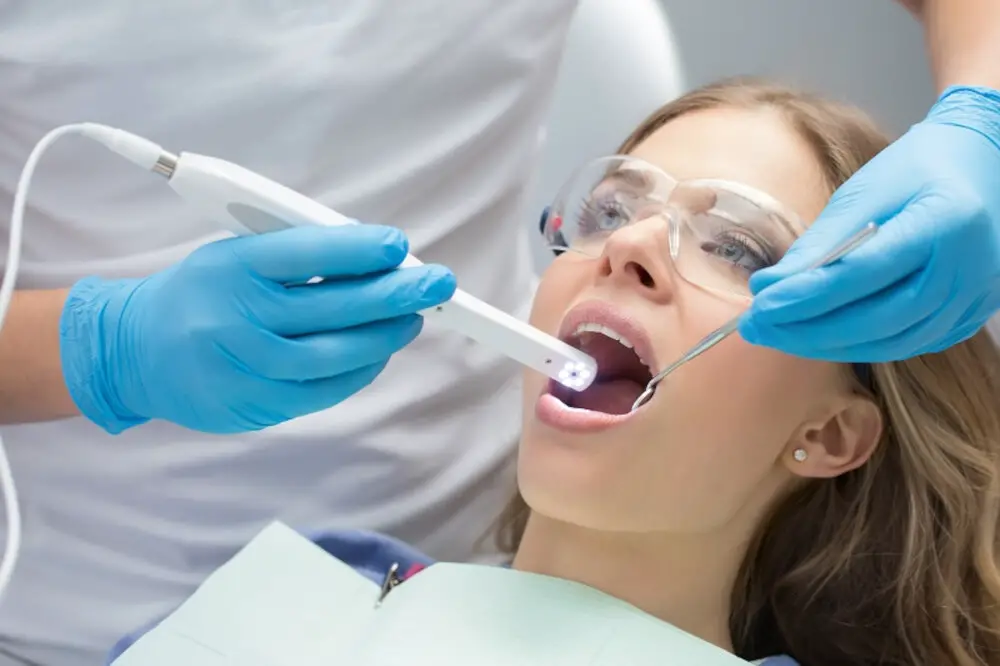
In conclusion, taking care of our teeth is crucial for a healthy life, and following the urgent steps to save our teeth from falling out is essential. From brushing and flossing regularly to avoiding harmful habits like smoking, taking care of our teeth is a responsibility that we should take seriously. It is also important to visit the dentist regularly and address any dental issues promptly to prevent them from worsening. By taking these steps, we can ensure that our teeth remain healthy and strong, allowing us to enjoy our favorite foods and smile with confidence. So, let’s prioritize our dental health and take the necessary steps to preserve our teeth. Remember, prevention is always better than cure!



